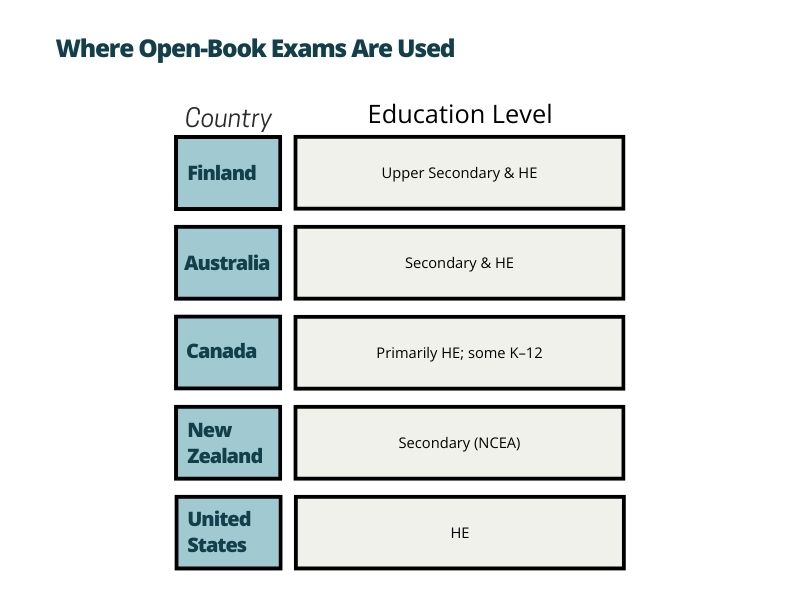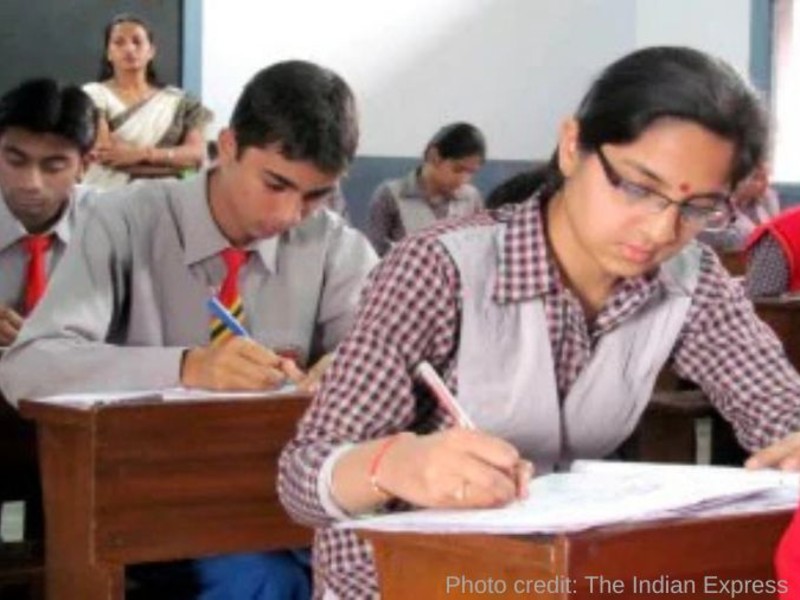CBSE Open Book Exam: Key Takeaways
The Central Board of Secondary Education (CBSE) will introduce open-book assessments (OBAs) for Class 9 students from the 2026–27 academic year, marking a decisive step away from rote memorisation towards application-driven learning. The reform, cleared by the Board’s Governing Body in June 2025, builds on pilot studies conducted in 2023–24 and aligns with the National Education Policy (NEP) 2020 and the National Curriculum Framework for School Education (NCFSE) 2023.
How it will work
OBAs will be incorporated into internal school tests across key subjects – languages, mathematics, science and social science. Students will be allowed to refer to prescribed textbooks and class notes during these assessments, but questions will be designed to evaluate higher-order skills such as analysis, reasoning and application rather than recall. The scheme will apply to one of the three written tests conducted each term and will remain optional for schools. Unlike board examinations for Classes 10 and 12, Class 9 OBAs will remain school-based.
To aid the transition, CBSE has committed to providing model question papers, guidelines, and structured teacher training. Schools will also receive support through professional development workshops, particularly targeting educators in Tier-2 and Tier-3 cities where training gaps are often larger.
Teachers’ perspective
Educators involved in the pilots broadly welcomed the initiative but noted significant challenges.
- “Teachers will have to move away from traditional lecturing and adopt constructivist, discussion-driven pedagogy,” observed Dr Alka Kapur, principal of Modern Public School.
- Sanamdeep Chadha, director of Genesis Global School, cautioned that many pupils relied too heavily on their books, losing time flipping pages instead of applying concepts.
- Aditi Misra, director principal of DPS International, Gurgaon and DPS Jaipur, added that designing strong application-based questions consistently is difficult since most teachers have not yet been trained for it.
Despite these hurdles, many educators expressed optimism. One pilot teacher remarked that assessment is no longer a burden but “an opportunity to make learning deeper and more meaningful.”
Students’ experience
For students, the first mock OBAs were both exciting and eye-opening. Many initially assumed “open-book” meant “open-easy”, only to discover that success depended on conceptual clarity and time management.
Common struggles included:
- over-reliance on textbooks,
- difficulty in structuring and articulating answers, and
- managing limited exam time.
At the same time, some pupils developed effective strategies such as colour-coded tabs, margin notes and quick-navigation methods. Teachers also noticed that weaker students felt less anxious and more confident when allowed to use reference material.
The bigger shift
Experts view OBAs as a gateway to 21st-century education. “Life is an open book. The world doesn’t reward memorisers; it rewards problem solvers,” said Kanak Gupta, group director of Seth M.R. Jaipuria Schools. According to Naman Jain, vice chairman of Silverline Prestige School, the new system aims to reduce exam stress and encourage curiosity, questioning and decision-making.
If implemented effectively, OBAs will foster:
- analysis – breaking down complex issues,
- evaluation – judging credibility and relevance,
- application – linking theory to real-world contexts, and
- creativity – generating new ideas and perspectives.
Schools such as Jaipuria have already set up collaborative “question bank incubators” where teachers design open-book-style assessments, reflecting the growing momentum for change.
What’s next in schools
CBSE has announced that the transition will be gradual and systematically supported. Key measures include:
- Release of sample question papers to establish benchmarks
- Training teachers to design application-oriented questions and assessment rubrics
- Ongoing professional development programmes and workshops to align teaching with the OBA approach
- Targeted support for Tier-2 and Tier-3 cities, where capacity-building needs may be greater

Inputs from India Today
Also Read: CBSE urges schools to strictly adhere to 75 pc attendance requirement for board exams
















Add comment